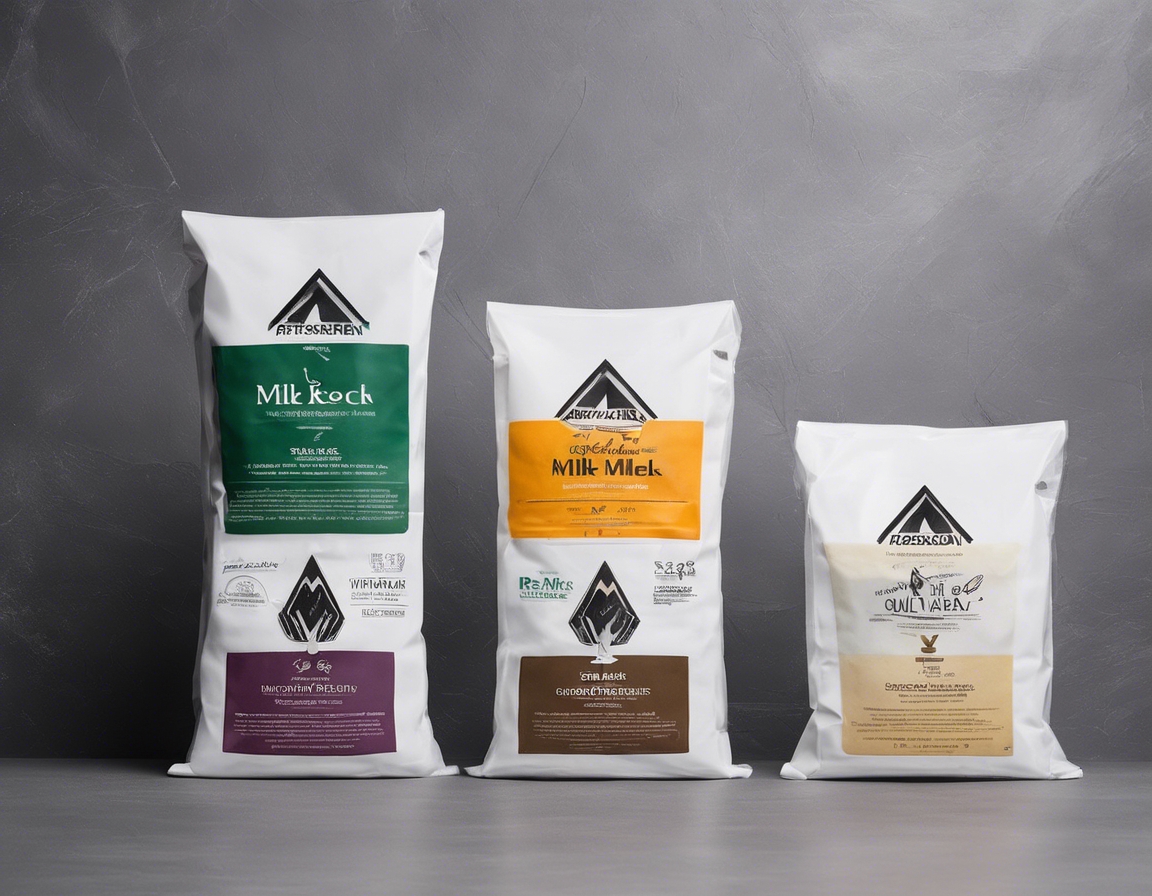The importance of nutrition in young animal development
Nutrition plays a pivotal role in the development of young animals, influencing their growth, health, and productivity. A well-balanced diet is essential from the earliest stages of life to ensure optimal development and a strong foundation for future well-being.
Animal nutrition encompasses the dietary needs of animals for their growth, maintenance, and reproduction. It involves understanding the essential nutrients required and the most effective ways to deliver these nutrients through a balanced diet.
Young animals have specific nutritional requirements that differ from adults due to their rapid growth and development. Ensuring they receive the right balance of nutrients is crucial for their survival and long-term health.
Key Nutrients for Young Animal Growth
Proteins are the building blocks of life, essential for the growth and repair of tissues. Amino acids, the components of proteins, must be provided in the diet for young animals to thrive.
Fats are a dense source of energy and are necessary for the absorption of fat-soluble vitamins. Essential fatty acids play a significant role in cell membrane integrity and the development of the nervous system.
Carbohydrates provide a readily available energy source. They are crucial for maintaining digestive health and supporting the growth of beneficial gut bacteria.
Vitamins are vital for various metabolic processes. They support immune function, bone development, and the proper functioning of bodily systems.
Minerals such as calcium, phosphorus, and magnesium are critical for bone and teeth formation, while trace elements like iron and zinc support various physiological functions.
Feeding Strategies for Optimal Development
Feeding regimens must be tailored to the developmental stage of the animal to meet their changing nutritional needs.
Young animals have immature digestive systems. Feeding strategies should consider the development of the gut and its ability to process different nutrients.
Supplements and fortified feeds can help bridge nutritional gaps, ensuring that young animals receive all the necessary nutrients for healthy development.
Challenges in Young Animal Nutrition
Nutritional deficiencies can lead to stunted growth, weakened immunity, and increased susceptibility to diseases.
Environmental factors and dietary limitations can affect the availability and quality of nutrients. Strategies must be in place to mitigate these challenges.
Advancements in Animal Nutrition
Scientific advancements have led to the development of specialized feeds that cater to the precise nutritional needs of young animals.
Probiotics and prebiotics are increasingly recognized for their role in promoting gut health and enhancing nutrient absorption.
Implementing Best Practices in Animal Husbandry
Regular monitoring of growth and health indicators can help ensure that nutritional strategies are effective and that young animals are developing as expected.
Working with nutritionists and veterinary professionals can help in formulating diets that support the health and growth of young animals, tailoring solutions to specific needs.





Comments (0)